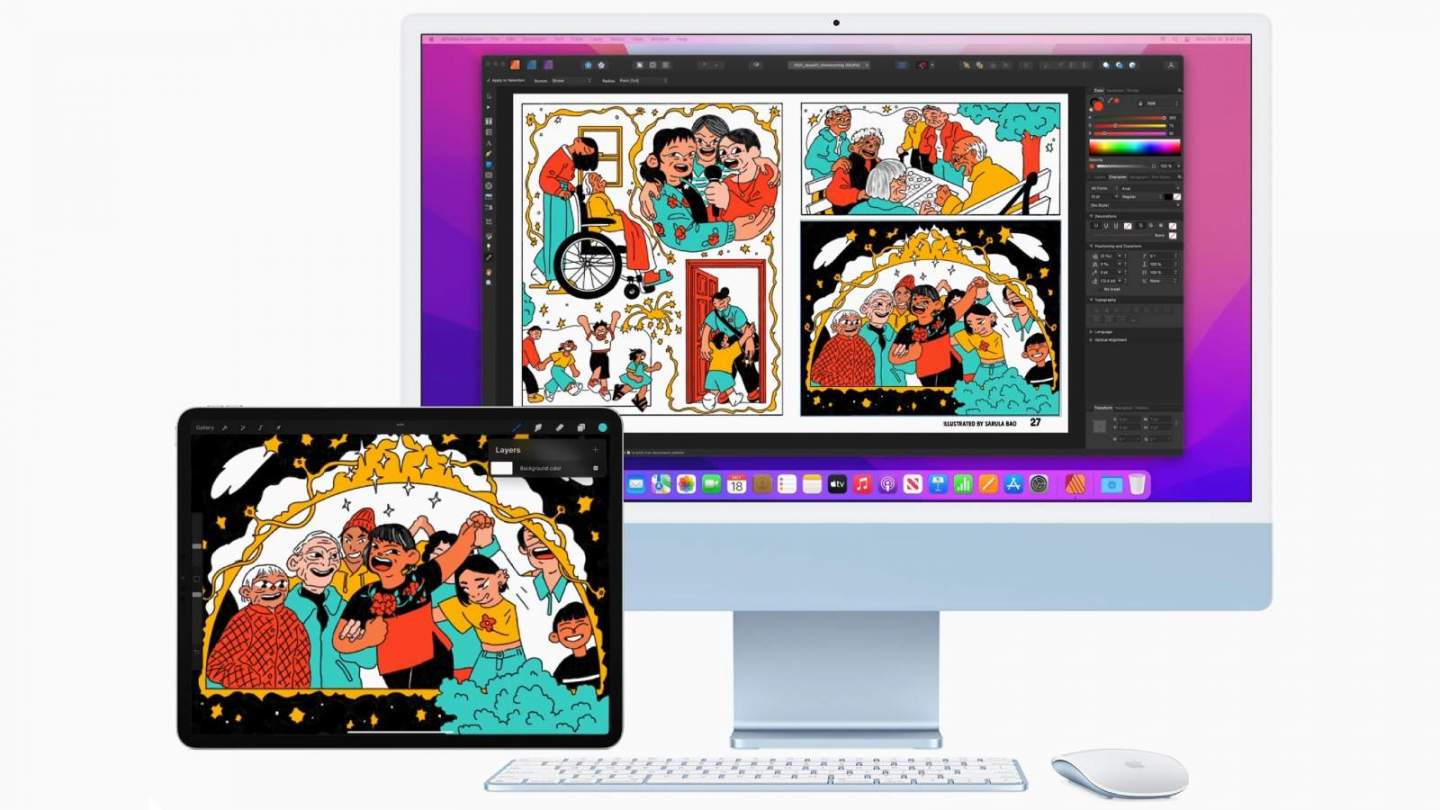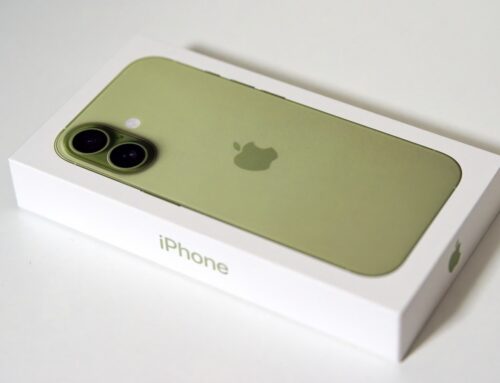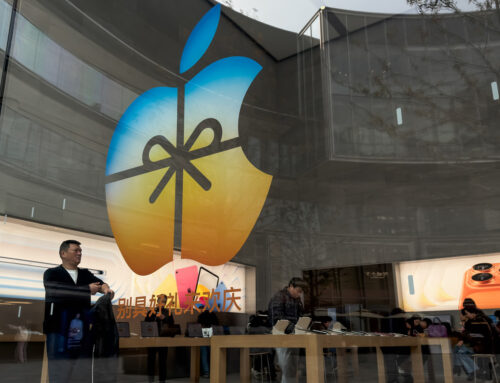One of the key advantages Apple has over its rivals in the computing and mobile markets is near-total control over its ecosystem. Since it makes both the software and the hardware it runs on, Apple has the ability to integrate its products far better than competitors Microsoft or Google. One powerful demonstration of this is the Universal Control feature the company announced for macOS Monterey back in June. Unfortunately, it seems the feature may have been too ambitious even for Apple, as its availability quietly slid from this winter to next spring.
Universal Control looks to be one of the features that’ll make some Apple fans glad they’ve wholly invested in the company’s products and services. In a nutshell, this feature will enable Macs and iPads to behave as one seamless system split into multiple screens. Though there are already some products that enable the iPad to function as a second screen for a Mac, Universal Control takes it to a whole new level.
The idea behind Universal Control is that you’d only need a single keyboard and mouse to control a Mac and an iPad (or even two Macs). Unlike Bluetooth keyboards and mice that connect to multiple devices, Universal Control doesn’t require users to switch every time they go from Mac to iPad or vice versa. All users need to do is place the devices close to each other, no setup required.
The seemingly magical experience starts when you try to move content between two devices running two different platforms. You can, for example, just drag an image from an iPad, continue the motion to the nearby Mac’s screen, and then drop it into a different app. Simple things like using Mac keyboard shortcuts on the iPad to switch apps also work without a hitch.
As with any magic trick, the actual work behind the scenes is more complicated than what meets the eye. Perhaps it’s due to that complexity that Apple has decided to delay the rollout by a few more months (via 9to5Mac). Where the feature’s page once said it would arrive before the winter solstice, it now says “Available this spring.” That suggests we won’t be seeing Universal Control until at least March 2022, at the earliest.
It’s admittedly not that long a wait, but it might be disappointing for users who’ve been waiting for the feature to land since macOS Monterey’s launch. For now, this might be a good time to double-check that your devices meet the requirements in the first place; you can find the list over at Macworld. There are, of course, other options as well to bridge Macs and iPads, from third-party solutions like Luna Display to Apple’s own Sidecar feature.







